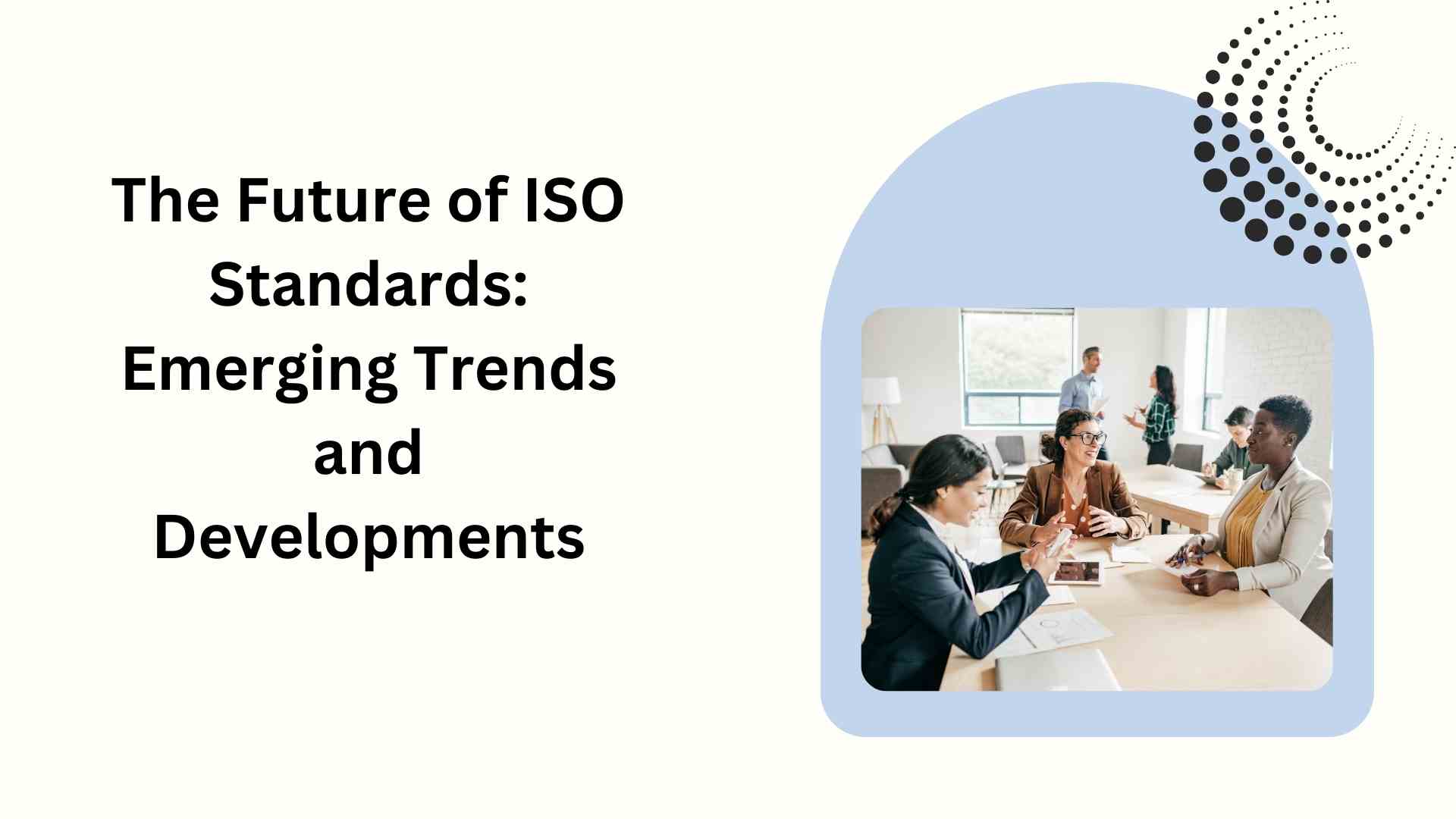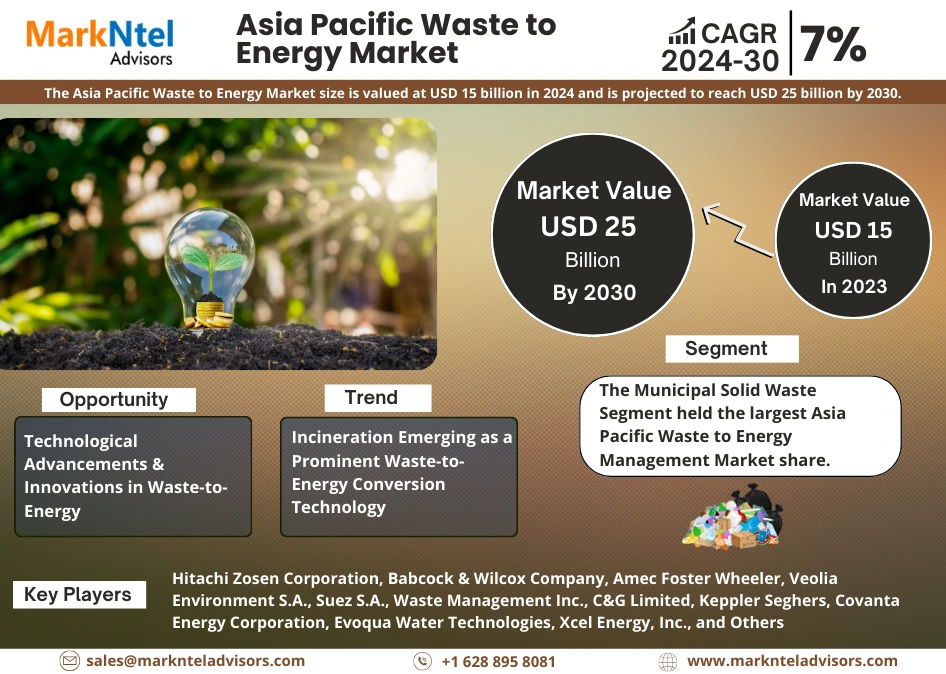Introduction
International Organization for Standardization (ISO) standards have long played a vital role in ensuring quality, safety, and efficiency across industries worldwide. These standards cover various sectors, from manufacturing and healthcare to environmental management and information technology. Over time, ISO Certification standards have evolved to keep pace with advancements in technology, changes in market demands, and growing concerns about sustainability and corporate responsibility.
Digital Transformation and ISO Standards
One of the most significant trends shaping the future of ISO standards is digital transformation. The increasing integration of digital technologies across industries is reshaping how businesses operate, communicate, and deliver value. From artificial intelligence (AI) to the Internet of Things (IoT), digital technologies are fundamentally altering the global economic landscape. ISO standards must adapt to this rapid pace of change to remain relevant and effective.
1. Industry 4.0 and Smart Manufacturing:
Industry 4.0, characterized by automation, data exchange, and smart technologies in manufacturing, is transforming production processes. With the rise of smart factories, ISO standards are increasingly focusing on interoperability, data integrity, and process optimization. For instance, standards related to industrial automation and robotics, such as ISO/IEC 62264 (Enterprise-control system integration), are becoming crucial for enabling seamless communication between machines, systems, and software in smart manufacturing environments.
2. Data Management and Analytics:
The explosion of big data and advanced analytics presents both opportunities and challenges for ISO standards. The ability to capture, store, and analyze vast amounts of data in real time is reshaping decision-making processes across industries. ISO standards related to data management, such as ISO 8000 (Data quality) and ISO/IEC 27001 (Information security management systems), are essential for ensuring that organizations can trust the accuracy and security of their data. As data becomes increasingly central to business operations, the need for updated and robust standards in this area will only grow.
3. Artificial Intelligence (AI):
AI is another key technology driving digital transformation. From automating tasks to enabling predictive analytics, AI has the potential to revolutionize industries such as healthcare, finance, and logistics. However, the adoption of AI also raises questions about ethics, transparency, and accountability. In response, ISO is developing standards to address the challenges and opportunities posed by AI, such as ISO/IEC JTC 1/SC 42, which focuses on AI-related standards in areas like data governance, bias, and human-AI interaction. These standards will play a critical role in ensuring that AI technologies are developed and used responsibly.
Sustainability and Environmental Standards
Sustainability is another major trend influencing the future of ISO standards. As the world grapples with climate change, resource depletion, and environmental degradation, industries are under increasing pressure to adopt more sustainable practices. ISO standards are evolving to help organizations meet these challenges by promoting environmental responsibility, resource efficiency, and circular economy principles.
1. ISO 14001 and Environmental Management:
ISO 14001, which focuses on environmental management systems, has long been a cornerstone of sustainability efforts in industries worldwide. However, as the global environmental crisis deepens, there is a growing demand for more comprehensive and stringent environmental standards. Future updates to ISO 14001 are likely to incorporate new environmental metrics and performance indicators, focusing on carbon reduction, biodiversity conservation, and sustainable resource use. These developments will help organizations align with international climate goals, such as the Paris Agreement, and reduce their environmental footprints.
2. Circular Economy:
The shift towards a circular economy, which emphasizes reducing waste, reusing materials, and recycling products, is gaining momentum across industries. ISO standards are playing a pivotal role in guiding this transition. For example, the development of ISO 14009 (Guidelines for incorporating design for recycling) reflects the growing need for products to be designed with sustainability in mind. As circular economy principles become more widely adopted, ISO standards will likely expand to cover various aspects of product life cycles, from design and manufacturing to end-of-life disposal and resource recovery.
3. Sustainable Development Goals (SDGs):
The United Nations’ Sustainable Development Goals (SDGs) provide a global framework for addressing environmental, social, and economic challenges. ISO standards are increasingly aligning with these goals, offering organizations practical tools to contribute to sustainable development. For example, ISO 26000 (Guidance on Social Responsibility) helps organizations integrate sustainability into their business strategies, while ISO 37101 (Sustainable Development in Communities) provides guidance on improving the sustainability of urban areas. As the global focus on sustainability intensifies, ISO standards will continue to evolve to support the achievement of the SDGs.
Cybersecurity and Information Security
In an era of increasing digitalization, cybersecurity has become a critical concern for organizations worldwide. The rise in cyber threats, data breaches, and digital espionage has made cybersecurity a top priority for governments, businesses, and individuals alike. ISO standards related to cybersecurity and information security are evolving to address these growing challenges.
1. ISO/IEC 27001 and Information Security:
ISO/IEC 27001, which outlines requirements for information security management systems, remains one of the most widely recognized standards for managing information security risks. As cyber threats become more sophisticated, future updates to ISO/IEC 27001 are expected to address emerging risks, such as those related to cloud computing, IoT, and quantum computing. Organizations will need to adopt more robust security measures to protect sensitive data and ensure business continuity in an increasingly interconnected world.
2. Cybersecurity Standards for Critical Infrastructure:
The protection of critical infrastructure, such as energy grids, transportation systems, and healthcare networks, is becoming a top concern for governments and businesses. ISO is developing new standards to address the unique cybersecurity challenges facing these sectors. For example, ISO/IEC 27019 provides guidelines for managing information security in the energy sector, while other standards focus on securing industrial control systems (ICS) and critical infrastructure assets. As cyber threats targeting critical infrastructure grow more frequent and severe, these standards will be essential for safeguarding vital services.
Note: You can also Apply for an ISO 9001 Certificate for Quality and Management System
Conclusion
The future of ISO standards is poised to be shaped by several key trends, including digital transformation, sustainability, cybersecurity, and international collaboration. As industries continue to evolve, ISO will play a critical role in guiding organizations through the complexities of technological innovation, environmental responsibility, and global security.




